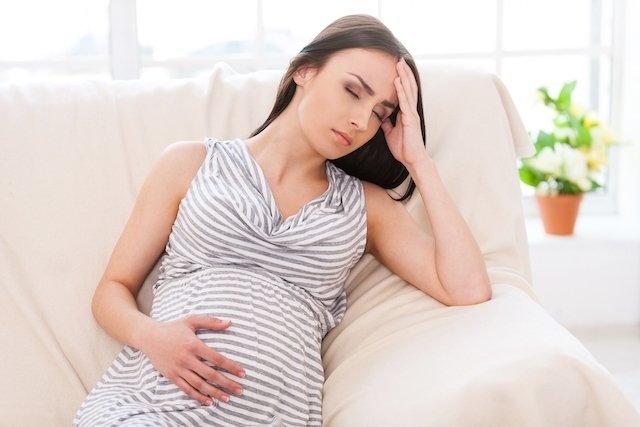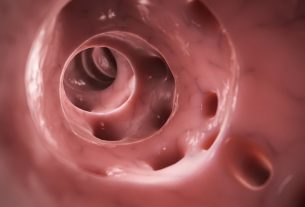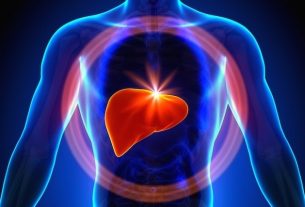Gallstones during pregnancy are a situation that can occur as a result of being overweight and having an unhealthy diet during pregnancy, which favors the accumulation of cholesterol and the formation of stones, which can lead to the appearance of some symptoms such as abdominal pain, nausea, vomiting and fever, for example.
Gallstones do not prevent pregnancy or affect the baby, however, they can encourage the development of some complications, such as infections or intense vomiting, which can result in dehydration.
Therefore, it is important to consult the obstetrician and have nutritional monitoring if symptoms indicative of gallstones appear so that the most appropriate treatment can be initiated.

Main symptoms
Symptoms of gallstones during pregnancy are more common in the third trimester of pregnancy, however, they may appear earlier in overweight women, the main ones being:
- Abdominal pain on the right side, especially after eating;
- Back pain;
- Nausea and vomiting;
- Fever above 38ºC
- Chills;
- Yellow skin or eyes;
- Lighter stools.
It is important that the presence of gallstones during pregnancy is identified and treated according to the doctor’s instructions, to avoid the development of complications such as infection or severe vomiting, which can lead to dehydration and/or reduce the nutritional status of the pregnant woman and make it difficult the development of the fetus.
Causes of gallstones during pregnancy
Gallbladder stones are a situation that can occur as a result of hormonal changes that occur during pregnancy and which can make it difficult to empty the gallbladder, which promotes the accumulation of cholesterol and the formation of stones inside it.
This situation happens more frequently in women who are overweight, have a high-fat diet during pregnancy, have high blood cholesterol levels or have diabetes.
How the treatment is carried out
Treatment for gallstones during pregnancy should be carried out under the guidance of an obstetrician as soon as the first symptoms appear and aims to improve the health of the woman and, consequently, the baby. Treatment usually includes regular exercise and a diet low in fatty foods, such as fried foods or sausages, to reduce the symptoms presented.
In addition, the doctor may also prescribe the use of anti-inflammatory and analgesic medications, such as Indomethacin or Acetominophen, which help reduce symptoms if diet and exercise are not enough.
Is surgery recommended?
Surgery for gallstones during pregnancy is not recommended, only in very serious cases, which is why when the first symptoms of gallstones appear, you should go to the obstetrician for diagnosis and initiation of treatment.
When indicated, surgery should be performed when the woman is in the second trimester of pregnancy, as before this there may be a risk of miscarriage and after this period there may be a risk for the woman due to the size of the baby, which ends up making access to the gallbladder difficult. Furthermore, surgery should only be performed in cases of severe gallbladder infection, severe pain or risk of miscarriage due to the mother’s malnutrition, for example. In these cases, laparoscopy is used to reduce the risks of surgery for pregnancy.

Sign up for our newsletter and stay up to date with exclusive news
that can transform your routine!
Warning: Undefined array key "title" in /home/storelat/public_html/wp-content/plugins/link-whisper-premium/templates/frontend/related-posts.php on line 12
Warning: Undefined array key "title_tag" in /home/storelat/public_html/wp-content/plugins/link-whisper-premium/templates/frontend/related-posts.php on line 13




